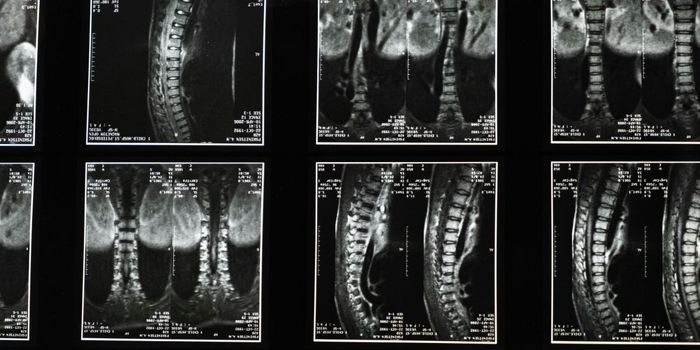High levels of two biomarkers indicate high risk of heart disease
Someday there might be a database of factors collected by years of scientific research available as a source of information for people who want to know their risk of developing heart disease later in life. Scientists know a lot about the various factors that contribute to heart disease, but there is also an ocean factors of yet to be discovered, so such a database is still far from coming to fruition.
And yet, a recent study completed by experts from the Intermountain Medical Center identifies two new markers that are independently able to predict major adverse cardiac events (MACEs): glycoprotein acetylation (GlycA), a blood marker, and C-reactive protein (CRP).
GlycA was identified in 2015 as an indicator of chronic inflammation and a predictor of long-term risk of severe infection. CRP is produced by the liver in response to inflammation. With both of these markers previously linked to inflammation, it was no big surprise to the researchers from the present study that their inflammatory properties made them more likely to induce plaques to rupture in blood vessels, causing heart disease. Plaques develop as a result of atherosclerosis, where lipids and immune cells aggregate in blood vessels, causing clots.
The study that led to the identification of GlycA and CRP started with a collection of plasma samples obtained by the Intermountain Heart Collaborative Study. The samples were loaded into an assay using borative nuclear magnetic resonance (NMR) technology to measure the amounts of bad cholesterol and other markers of cardiovascular disease in a person’s blood.
Using the results from the assay, researchers compared the value of GlycA and CRP in predicting heart attacks, stroke, and death. They also followed about three thousand patients undergoing coronary angiography, a procedure that identifies blood clots in the coronary arteries caused by plaque buildup from atherosclerosis.
“The two proteins independently predicted future risk, and if you had both, it was the worst scenario completely,” explained lead author of the new study, J. Brent Muhlestein, MD.
While GlycA and CRP are locked down as independent markers of cardiovascular risk, there are still questions that have yet to be answered: Will the identification of GlycA and CRP as independent predictors of MACEs lead to specific treatments to lower cholesterol and target other cardiovascular disease risk factors?
Sources: National Heart, Lung, and Blood Institute, Cell Systems, MedlinePlus









